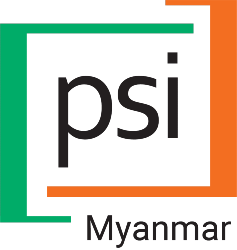JANUARY 6, 2025
Service Interruption in HIV Care Amid COVID-19 Pandemic in Myanmar: Results From Analysis of Routine Program Data 2018-2022
Background
The COVID-19 pandemic disrupted HIV testing and treatment services worldwide. However, the impact on private HIV clinics in Myanmar has not been well studied. This study identified the extent to which HIV-related services had been affected by the COVID-19 pandemic in Myanmar and how we could overcome these challenges.
Methods
The clinics adapted by implementing measures like online booking, staff scheduling changes, and awareness campaigns. The study looked at HIV program data from 43 healthcare facilities across 7 regions from 2018 to 2022, and the following HIV indicators: number of HIV tests done, positive HIV cases identified, ART retention, viral load (VL) testing, HIV viral suppression, were explored. The data was divided into two channels and different COVID-19 periods to see how these HIV services changed.
Results
It addressed a gap in existing studies by providing quantitative evidence from private clinics in Myanmar, shedding light on the impact of the pandemic on HIV-related care. The number of HIV tests done, and new HIV cases found fluctuated during the COVID-19 pandemic in both channels. ART retention declined at 12 months compared to 6 months in both channels. Unsuccessful treatment outcomes were more common at 12 months, while viral load (VL) testing significantly decreased during the crisis, especially in Channel 2. However, VL suppression rates remained high (>91%) in both channels. Factors influencing ART retention and VL testing included seeking care from Mandalay, initiating ART during or post-COVID-19, using second-line ART, and demographic variables such as age and belonging to key populations (MSM, PWID).
Conclusion
Despite declines in viral load monitoring and treatment retention, it highlighted opportunities for improvement: multi-month medication supply, online counseling, and booking systems. The findings advocated for improvement in HIV care and treatment during similar crisis situations in the future.
